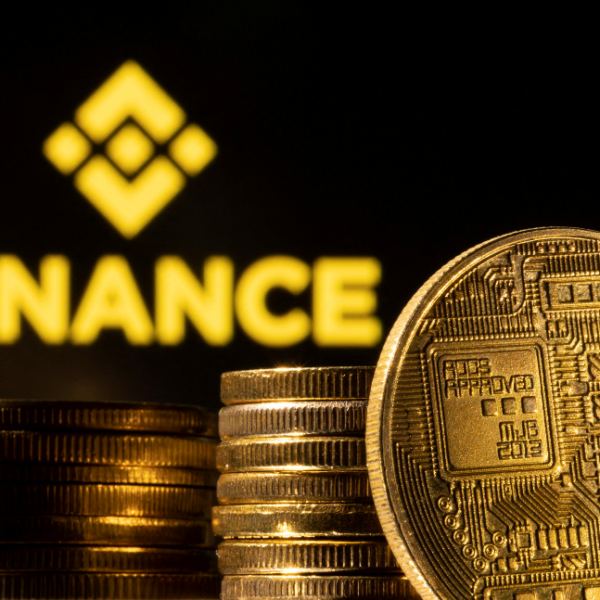Centralized crypto exchanges have been cast into the spotlight following the fall of the world’s second-largest one.
Industry leader Binance has shared its principles on how the fiasco can be avoided in the future.
Binance CEO Changpeng ‘CZ’ Zhao, on Nov 15 tweeted the most important requirements that his and every other centralized exchange should adopt in order to ensure user trust.
He also said he is working with industry partners to create an all-out recovery fund. This would go towards supporting otherwise healthy businesses that have been “unfairly impacted by FTX’s apparent fraud,” he added.
Binance was matted in the imbroglio that led to the demise of Sam Bankman-Fried’s crypto empire last week. The company started offloading FTX exchange tokens (FTT) and then pulled out of an offer to help FTX with its liquidity issues.
The first of the Binance big six was being risk averse with user funds. This was the big mistake that FTX made, using user funds as collateral elsewhere.
This leads to the second principle that exchanges should never use their own native token as collateral. Native tokens provide the foundations of the exchange blockchain ecosystem, so shouldn’t be deployed elsewhere. It was concern over the FTT token that catalyzed the FTX collapse.
The company stated it was working on a “Merkle tree proof of funds that we will share with the community in the next few weeks.”
On Nov. 10, Binance shared its crypto reserve holdings, however, they were heavily weighted towards its own stablecoin, BUSD, and native token, BNB.
Keeping strong reserves is also paramount to protecting users. Binance is an industry leader in this with its $1 billion SAFU fund.
Principle number five was avoiding excessive leverage which led to the downfall of many crypto lending platforms this year – offering highly leveraged products on highly volatile assets to inexperienced retail traders.
In conclusion, CZ said strengthening and enforcing security protocols was key to transparency. “All exchanges should have strict KYC and AML measures in place,” he said.
Exchange tokens could become the target of any regulatory crackdown now as it is highly likely that the U.S. Securities and Exchange Commission will classify them as securities.
Binance’s BNB token has weathered the crypto storm pretty well this year, having dropped just 59% from its all-time high (better than BTC or ETH).
BNB was trading down 1.1% on the day at $278 at the time of writing, according to CoinGecko.

